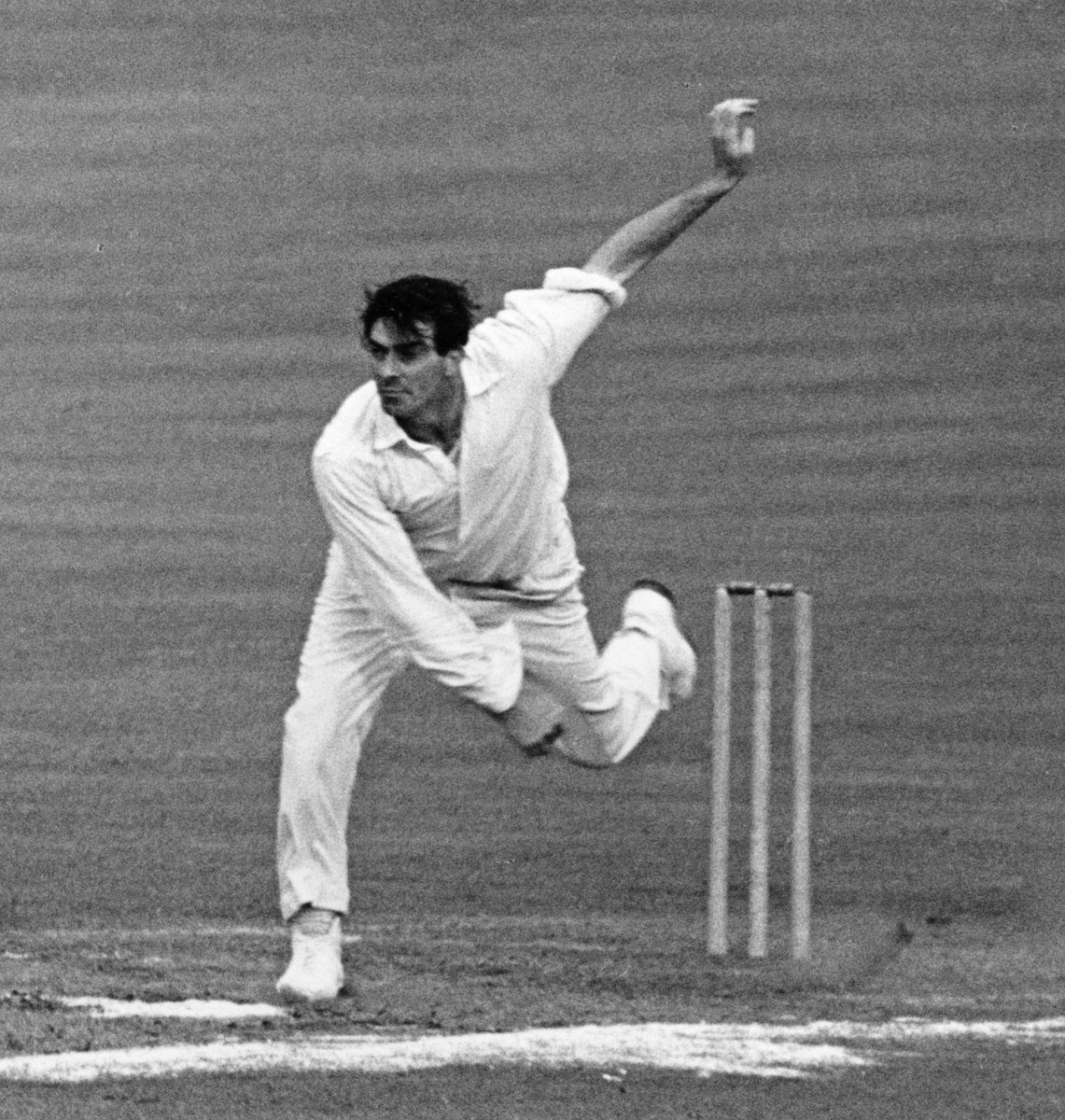Post by dividavi on Nov 24, 2021 8:05:00 GMT
link
NOVEMBER 23, 2021 1:02 PM1
‘I’m Being Treated Like A Criminal’ Says Polish Catholic Priest Facing Disciplinary Proceedings After Speaking Out Against Antisemitism
avatarby Ben Cohen

Fr. Alfred Wierzbicki has clashed with the authorities attacking the Catholic University of Lublin for his outspoken condemnations of antisemitism and homophobia. Photo: Screenshot.
An outspoken Catholic priest and professor at one of Poland’s leading universities will face a disciplinary hearing later this week where he will be asked to justify his comments excoriating a colleague who promoted the infamous antisemitic “blood libel.”
Fr. Alfred Wierzbicki — a professor at the John Paul II Catholic University of Lublin — will appear before a university disciplinary committee on Friday to answer the allegation that he “violated the duties of a teacher in the church faculty of a Catholic university” by vociferously condemning antisemitism, homophobia and racism in a series of interviews with the Polish media.
One of the six charges brought against Wierzbicki concerns his trenchant criticisms of his colleague Fr. Tadeusz Guz, a professor of philosophy who endorsed the antisemitic “blood libel” in a 2018 public lecture. Guz is also known for comparing mass vaccination programs to counter the COVID-19 pandemic to the Nazi regime’s crimes against humanity.
“We know, dear people, that the facts of ritual murder cannot be erased from history,” Guz told an audience in Warsaw during a May 26, 2018 public lecture. “Why? Because we, the Polish state, in our archives, in the surviving documents, have had over the centuries — when Jews lived together with our Polish nation — we have legally valid sentences for ritual murders.”
Asked about the stances taken by Guz in an interview last April, Wierzbicki responded: “You can be a university professor, but you can also be a total fool.”
Commenting on the Catholic University’s decision not to pursue disciplinary action against Guz for his antisemitic incitement, Wierzbicki declared it “scandalous” that the calumny underlying the medieval “blood libel” — that Jews use the blood of Christian victims in their religious rituals — had been deemed worthy of “scientific discussion.”
Wierzbicki then charged that the university’s disciplinary committee had similarly promoted “outrageous antisemitic slurs, as if its members really believed that ritual murders had taken place at one time.”
In its ruling on Guz, the disciplinary committee decided that his views were based not in “slander or lies, but knowledge gained as a result of scientific analyses based on the available source materials.” Such views “may be difficult for Jewish communities to accept,” the committee added.
In an interview this week with Polish broadcaster Tok FM, Wierzbicki said that he was being “treated like a criminal” by the same university authorities.
“I love the Catholic University of Lublin a great deal, it has given me so much,” Wierzbicki reflected. “But at the moment, it’s difficult for me to identify with it. My university has become alien to me.”
This week’s hearing is not the first time that the 75-year-old Wierzbicki has clashed with the university’s hierarchy. In Oct. 2020, he was reprimanded for criticizing a statement issued by the Polish Bishops Conference that offered the backing of the church for what were described as “support clinics” for those in the LGBTQ community “wishing to regain their sexual health and natural sexual orientation.”
Condemning the bishops’ “muddled associations,” Wierzbicki said their statement appeared to have been written “on the moon, not in Poland, where people are being persecuted.” He called on the Polish Church “to be more careful, rather than endlessly repeating that homosexuality is a sin,” and said he believed same-sex partnerships posed no danger to the family structure.
On that occasion, Wierzbicki received a message of support signed by 700 prominent Catholic thinkers, including 12 of his colleagues from the Catholic University of Lublin.
The “Never Again” Association — a Polish NGO that monitors and combats antisemitism and intolerance — expressed its support for Wierzbicki ahead of Friday’s hearing.
“We stand in solidarity with Fr. Wierzbicki in his principled and courageous stance against antisemitism and bigotry,” the group said in a statement emailed to The Algemeiner.
A spokesperson for the Catholic University of Lublin told Poland’s Tok FM that it would not discuss the Wierzbicki case ahead of the hearing.
“For the sake of good conduct and for the good of Fr. Alfred Wierzbicki, I cannot talk about the charges,” Dr. Michal Wyrostkiewicz told the broadcaster on Monday.







